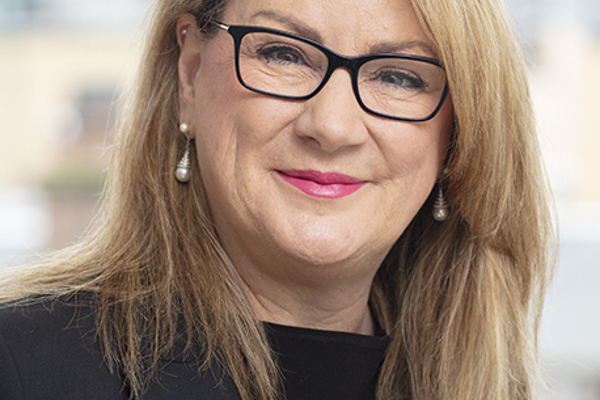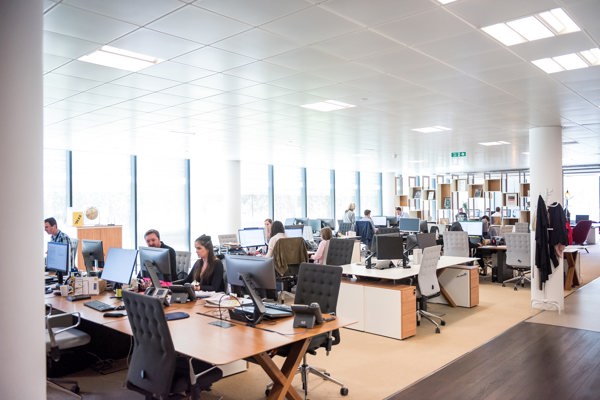Recent research from WHO tells us that there has been a 13% rise in mental health conditions globally in the last decade, and that here in the UK, there is an unprecedented strain on NHS services, according to findings by the NHS Confederation last year.
Perhaps the most distressing trend is the number of young people who are identifying as having mental health issues. The UK charity, Youngminds reports that one in six children between 5 and 16 have poor mental health, and in 2019, suicide was the leading cause of death for people aged between 5 and 34.
Drawing differences between generations can be fairly crude, but in the main, generations are defined by their experiences and characterised by the world around them.
A 2021 survey by Deloitte revealed that "half of Gen Y and Z feel anxious or stressed all, or most, of the time." There are various reasons suggested for this, such as the pandemic, climate change concerns, debt issues, damaging social media exposure etc. This may have implications for our future workplaces as Generation Y and Z, those aged below 40, will soon make up the majority of the workforce.
Whilst mental health issues among the younger generations appear to be increasing at a faster rate, they are however typically more willing to speak out about their struggles than older generations. Raised online with a sense that little is private, it is common for young people to discuss, research and post their experiences with mental health challenges. This leads to less stigma about the subject and a willingness to seek support (most often through digital means.)
What seems important then is for employers to create an environment of openness, awareness and acceptance - where staff feel able to talk openly about mental health and have a range of measures in place to benefit all generations.
The focus for MF during Mental Health Awareness Week is to highlight to staff what support facilities are available and encourage more discussion. Through our new intranet we are reminding staff about our wellbeing platforms, mental health app, support helplines, training and learning programs, mental health first aiders team, webinars and offering an opportunity to book a confidential video appointment with mental health specialists on a selected day.


